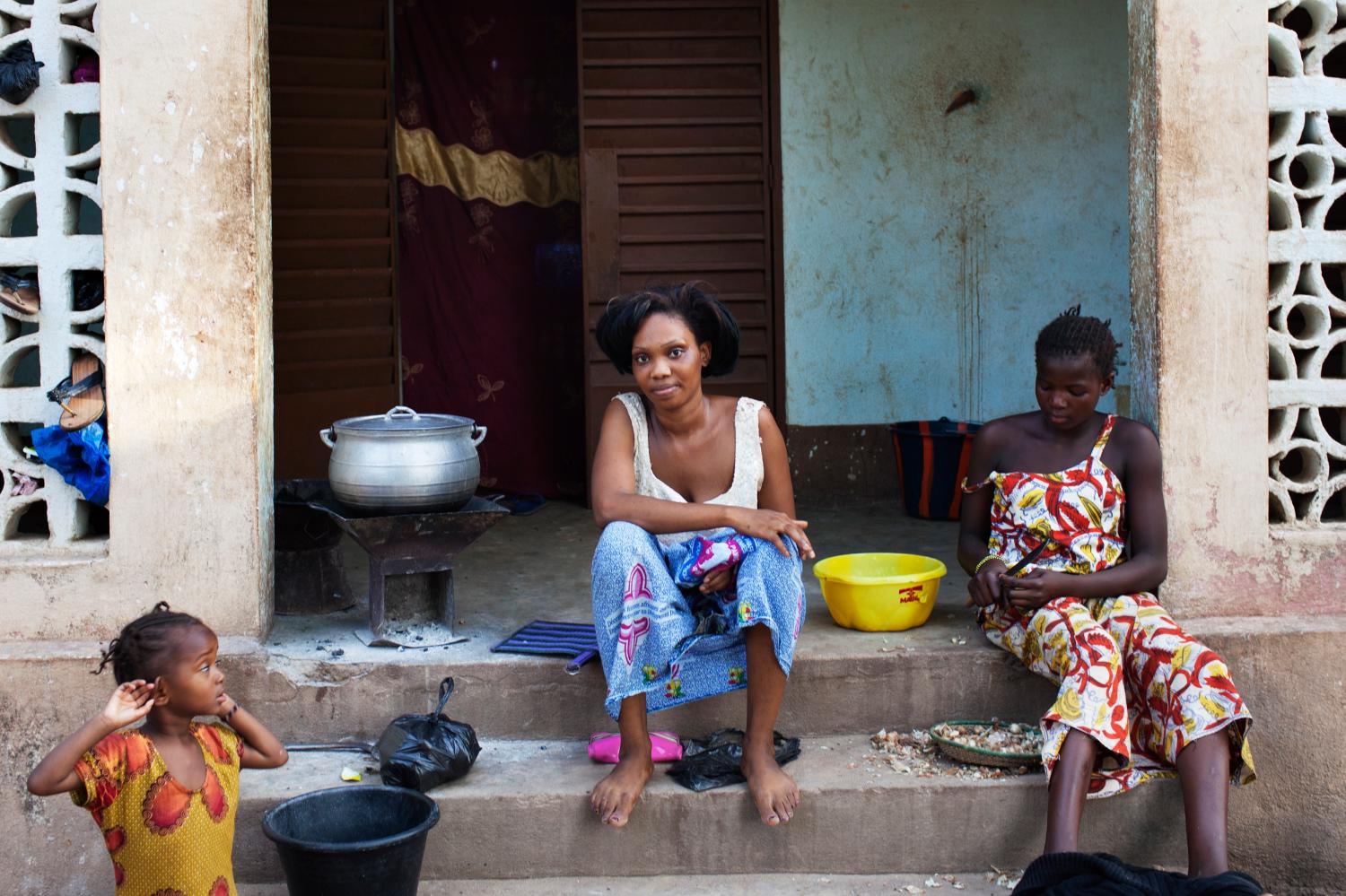Editor’s Note: This is a report of the consultation process that was undertaken to inform the 2013 report to the UN General Assembly submitted by Chaloka Beyani, the UN Special Rapporteur on the human rights of internally displaced persons, and co-director of the Brookings-LSE Project on Internal Displacement.
Supporting durable solutions for internally displaced persons (IDPs), particularly through the engagement of development and peacebuilding actors, is a perennial challenge, but one that has attracted increased attention in recent years. This is reflected in, for example, the development of the 2010 Inter-Agency Standing Committee Framework on Durable Solutions for Internally Displaced Persons; the Secretary-General’s Framework on Ending Displacement in the Aftermath of Conflict; and the Transitional Solutions Initiative. At the consultation on “Taking Stock of Internal Displacement” convened by Dr. Chaloka Beyani, the UN Special Rapporteur on the human rights of IDPs and the Brookings-LSE Project on Internal Displacement in Geneva in November 2012, there was strong consensus amongst the participants regarding the need to focus collective efforts on the pursuit of durable solutions to displacement, particularly by addressing the development dimensions of this issue. Participants from a wide range of organizations stressed strong interest in the IDP mandate promoting a paradigm shift so that internal displacement is more widely recognized as a critical development issue, as well as a humanitarian and peacebuilding concern. They also expressed interest in the mandate supporting processes such as the piloting and implementation of the Secretary-General’s Framework on Ending Displacement in the Aftermath of Conflict.
Participants from a wide range of organizations stressed strong interest in the IDP mandate promoting a paradigm shift so that internal displacement is more widely recognized as a critical development issue.
In keeping with the his mandate to promote rights-based approaches to protection and assistance for IDPs, including through the pursuit of durable solutions and building on the mandate’s long history of efforts to support the resolution of displacement, Dr. Beyani decided to make durable solutions for IDPs a priority for the second term as Special Rapporteur. Accordingly, the Special Rapporteur’s October 2013 report to the UN General Assembly (GA) addresses the resolution of displacement, focusing in particular on the intersection of durable solutions, development and peacebuilding processes.
In order to inform the development of his GA report, the Special Rapporteur convened a consultation with key stakeholders in Geneva on June 7, 2013, in cooperation with the Office of the United Nations High Commissioner for Human Rights, the Office of the UN High Commissioner for Refugees (UNHCR), UN Development Programme (UNDP) and the Brookings-LSE Project on Internal Displacement and with the support of the Joint IDP Profiling Service. Participants in the June 2013 consultation included representatives from UN and civil society organizations, including those involved in the Early Recovery working group and the Technical Working Group on Durable Solutions. Participants discussed past efforts to support durable solutions as well as barriers to and strategic opportunities for more firmly integrating the issue of internal displacement into development and peacebuilding agendas. The discussion culminated in the identification of various strategic recommendations to displacement-affected States, donor States and humanitarian, development and peacebuilding actors, on improving access to durable solutions for IDPs.
The consultation in Geneva on built on recent events including the April 2013 Amsterdam roundtable on transitions and solutions convened by UNDP and UNHCR and other activities undertaken to engage key stakeholders in discussions of the themes to addressed in the Special Rapporteur’s GA report. These activities included a May 14, 2013 roundtable on displacement and development agendas convened in Washington, DC by the Brookings-LSE Project on Internal Displacement. Keynote reflections at this roundtable were offered by Mme. Sadako Ogata, followed by discussion among representatives of the humanitarian, development and donor communities. In May 2013, staff working in support of the IDP mandate also convened a series of meetings on the Special Rapporteur’s report in New York with key peacebuilding, development and humanitarian stakeholders, including UNDP, UN Peacebuilding Commission, UNHCR, the United Nations Children’s Fund, UN Office for the Coordination of Humanitarian Affairs, UN Women, UN Population Fund, UN Department of Political Affairs and civil society organizations.
Taken in total, these activities yielded a detailed series of recommendations, many of which appear in the Special Rapporteur’s October 2013 report to the General Assembly. However, the Special Rapporteur wishes to present the complete set of recommendations generated through the consultation process, in the hope that these may help to inform more strategic, cooperative and effective approaches to supporting durable solutions for IDPs. The Special Rapporteur would like to thank all those who participated in the consultations and looks forward to working together with local, national and international actors to enable the timely and sustainable resolution of displacement.
Recommendations
In recent years, important lessons have been identified regarding the integration of development and peacebuilding approaches into efforts to support the resolution of displacement and steps are being taken to address this challenge more effectively. The consultation process yielded several over-arching recommendations relevant to these efforts, as well as a detailed set of recommendations that may serve as a roadmap for addressing development and peacebuilding dimensions of durable solutions to displacement.
In keeping with the composition of the consultation process, many of the following recommendations focus on the roles of international organizations in supporting solutions to displacement. However, the Special Rapporteur recognizes and underscores the primarily responsibility of States to support the resolution of displacement and remains actively committed to supporting their capacity to meet this challenge.
Overarching Recommendations:
- On the basis of consultative processes and recognizing the State’s primary responsibility for upholding IDPs’ right to a durable solution, ensure the integration of internal displacement and durable solutions into national development plans, as well as regional/provincial development plans, transition plans, urban development plans and peacebuilding strategies;
- Undertake early, participatory and joint planning in support of durable solutions, ensuring the engagement of local actors in order to ensure sustainability; and
- Adapt institutional cultures and policies, including funding parameters, to enable the provision of longer-term support for durable solutions and facilitate the engagement of development actors.



